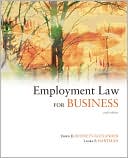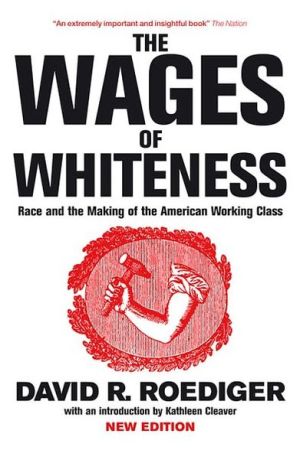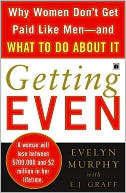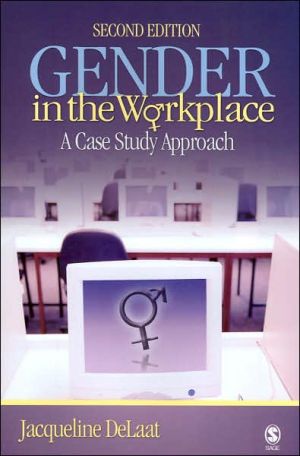Selling Women Short: The Landmark Battle for Workers' Rights at Wal-Mart
On television, Wal-Mart employees are smiling women delighted with their jobs. But reality is another story. In 2000, Betty Dukes, a fifty-two-year-old black woman in Pittsburg, California, became the lead plaintiff in Dukes v. Wal-Mart Stores, a class action, representing 1.6 million women. In her explosive investigation of this historic lawsuit, journalist Liza Featherstone reveals how Wal-Mart, a self-styled "family-oriented," Christian company: Deprives women (but not men) of the training...
Search in google:
"On television, Wal-Mart employees are smiling women delighted with their jobs. But reality is another story. In 2000, Betty Dukes, a fifty-two-year-old black woman in Pittsburg, California, became the" Washington Post Her rigorous reporting on the stories behind the lawsuit makes the book a must-read for Wal-Mart's friends and foes.
Introduction: American Goliath11Female Trouble132"Made in America": The Wal-Mart Culture and Its Promises513"An Exceptional Woman": (Non)promotions at Wal-Mart904Always Low Wages!1255Possibilities and Limitations1546WWJD? Organize Wal-Mart!1777"Attention, Shoppers!"211Epilogue245Afterword261Notes269Acknowledgments277Index279
\ Washington PostHer rigorous reporting on the stories behind the lawsuit makes the book a must-read for Wal-Mart's friends and foes.\ \ \ \ \ Publishers WeeklyFortune magazine's "Most Admired Company" for two years running, Wal-Mart offers its customers low prices and its shareholders big profits, but as freelance journalist Featherstone (Students Against Sweatshops) argues, this comes at great cost. Wal-Mart's success is based not only on its inexpensive merchandise or its popularity (Featherstone cites working-class shoppers and Paris Hilton among Wal-Mart's fans) but on bad labor practices. Using a close investigation of the class action suit Dukes v. Wal-Mart Stores, Inc. and extensive interviews with female workers, Featherstone indicts Wal-Mart for low wages, discriminatory policies and sexist practices. "[Our] district manager sometimes held lunch meetings at Hooters restaurants," one female employee explains; another recalls being asked to work "off the clock." Failure to post open positions, exclusively male social gatherings, pay discrimination, "persistent segregation of departments"-all are part, she argues, of Wal-Mart's deep-rooted culture of sexism. Many women employed full-time at Wal-Mart make so little that they are dependent on public assistance: "It is curious that Wal-Mart-the icon of American free enterprise and self-sufficiency...-turns out to be one of the biggest `welfare queens' of our time," Featherstone writes. She doesn't give much time to related topics-racism, exploited overseas labor-but this is a clearly written and compelling book. It may not keep readers from their local Supercenters, but it should make them take a closer look at who's working the register. (Nov.) Copyright 2004 Reed Business Information.\ \








